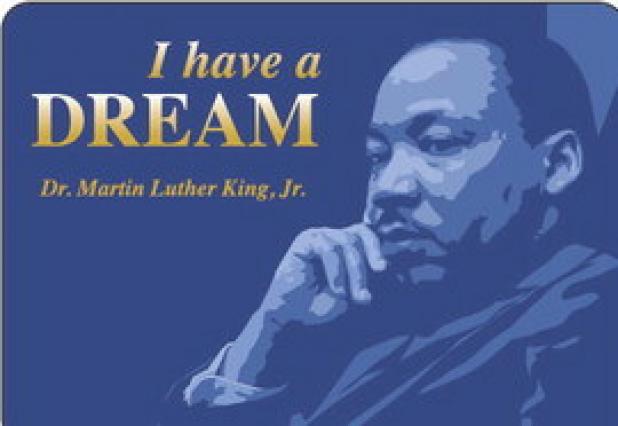
Dr. Martin Luther King Jr’s dream continues
On August 28, 1963, Dr. Martin Luther King, Jr. stood on the steps of the Lincoln Memorial in scorching heat to address a crowd of more than 250,000 people. His carefully crafted words broke down barriers of betrayal and would resonate with diverse groups of people throughout the nation and the world for years.
Dr. King emphatically expressed his hope for the future when he said, “I have a dream that one day this nation will rise up and live out the true meaning of its creed — we hold these truths to be self-evident: that all men are created equal.”
More than 40 years later, we stood in the same place where Dr. King laid the foundation that would lead to the Civil Rights Act of 1964— prohibiting discrimination based on race, color, religion, sex, and national origin. Although this legislation paved a clear path for equality, we still have a long way to go. As we stood there, we reflected on the atmosphere surrounding Dr. King and the people who had traveled the distance to witness his advocacy for justice. At the time, some people idolized him because of his efforts, but Dr. King was more than a Civil Rights icon, and every facet of his life and experiences fueled one of the greatest moments in history.
As a lobbyist for racial and economic justice, he influenced legislation resulting in the Voting Rights Act of 1965 and the Fair Housing Act of 1968. As a minister, he not only inspired the members of Ebenezer Baptist Church in Atlanta, but he also traveled throughout the nation, touching the lives of everyone who heard his sermons.
As the youngest person to ever win the Nobel Peace Prize, he gave hope to young dreamers, making them believe their dreams could become a recognizable reality. As a 15-year-old medical and law student at Morehouse —a historically black college—
the pursuit of education.
Dr. King’s footprint has shifted perspectives. Because of his courage, we can choose any seat on any form of public transportation. Because of his determination, we can enjoy a meal together. Because of his courage, we have a right to attend school together. Because of his sacrifices, we can cast votes that will influence change.
Dr. King’s legacy opened the door for justice, but we must continue to move his vision forward and not become complacent. As he stated in his speech, “we will not be satisfied until justice rolls down like waters, and righteousness like a mighty stream.”
